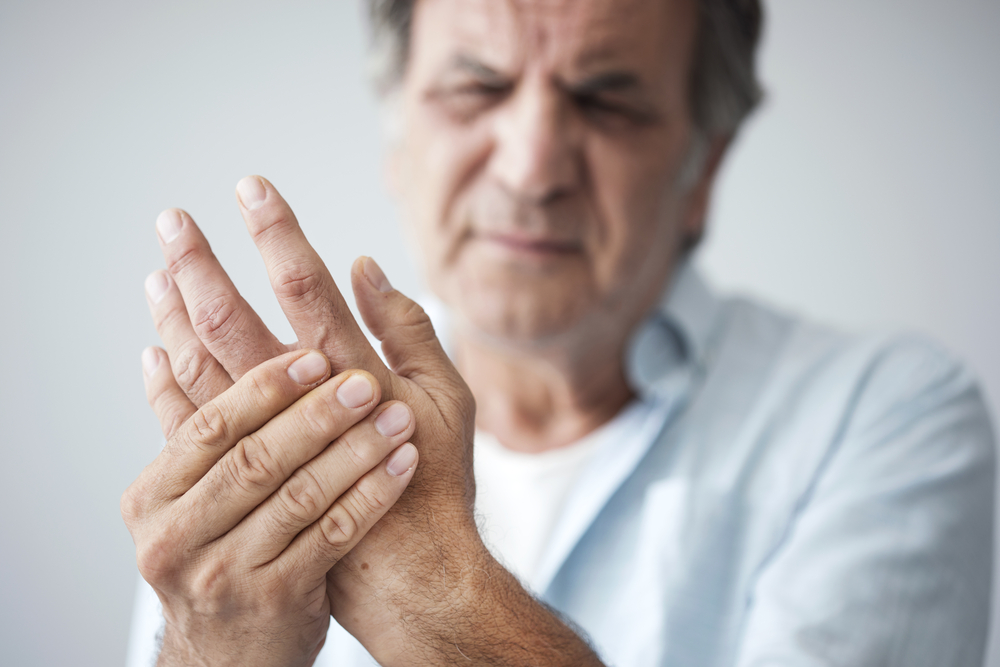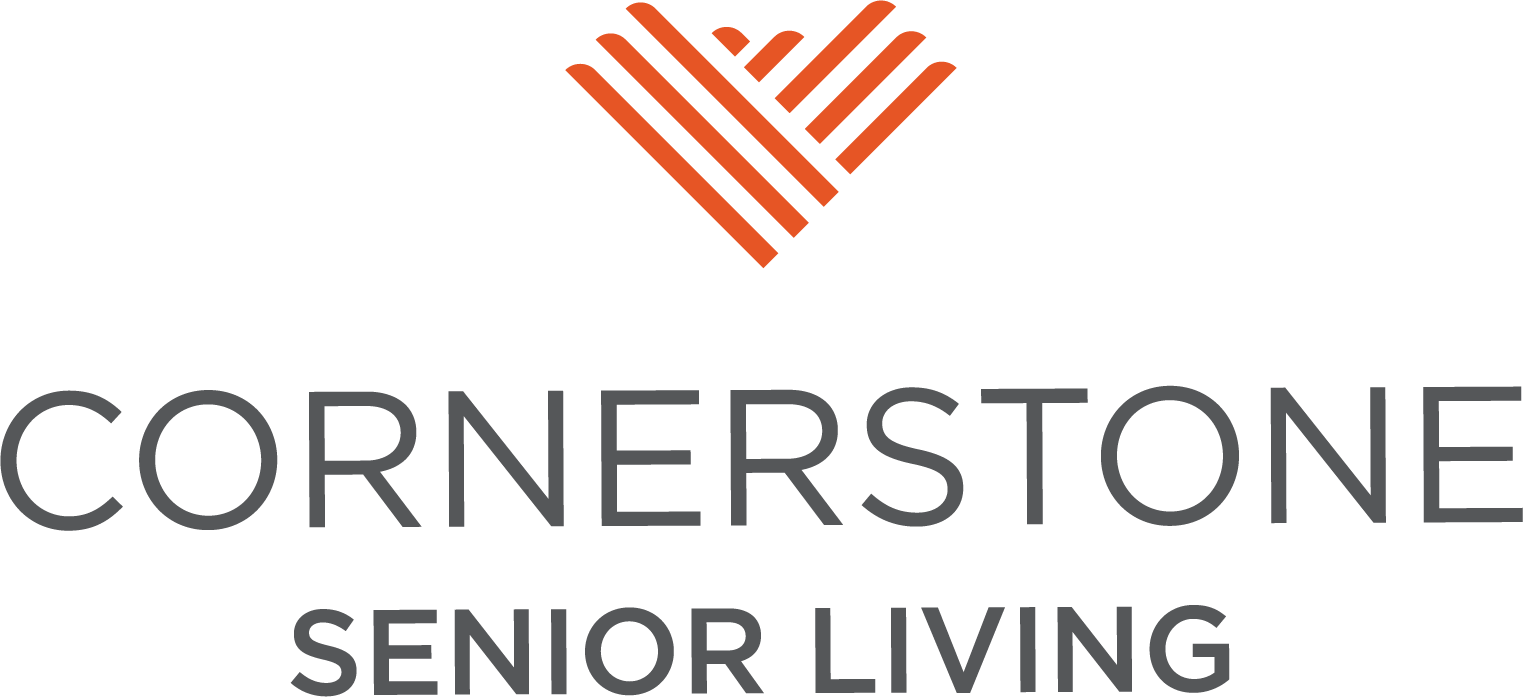
Chronic pain is an issue that even community members striving to age healthily, live with. From standard aches to pain that stems from nerve damage and disease, no family member wants their loved one to experience pain on a daily basis.
At Cornerstone Senior Living communities, we strive to create a comfortable environment for our members. Here are some pain management tips you can try to give your loved one a brighter day.
1. Completely Understand Medications and Risk
Most pain symptoms are alleviated through medications prescribed by physicians. When dealing with stronger prescriptions, it’s pertinent to have a complete understanding of when to take them, how many to take, and any other special instructions that come with the prescription. Not only does this guarantee your loved one gets their meds they need, but they are taking them on a safe schedule that minimizes the risk of addiction.
2. Know Their Signs of Pain
Different people experience different types of pain; and in instances with Memory Care patients, some can’t verbally express when they feel symptoms. So, find a way to work with your loved one so they can communicate when they are in pain and want medication. Most hospitals use the 1-10 scale for pain and this could help cognitively aware loved ones with communication.
Some sure signs of pain include:
- Physical discomfort
- Tachycardia
- Verbal sounds
3. Move Around
Did you know that in some situations your body can be the best form of medication? While those suffering from severe chronic pain may require the use of heavier medications, physical activity can be beneficial for those dealing with recurring minor aches and pain.
Exercise releases natural opioids that reduce the perception of pain. This could be beneficial for someone who is able to still be physically active and doesn’t want to purely rely on medication.
4. Look Into Alternative Pain Management
Alternative pain management isn’t the choice that everyone takes, but it’s a way for you to help manage your loved one’s pain when medication isn’t the route they opt to take. Some alternative pain management practices that we’ve seen families use include:
- Acupuncture
- Chiropractors
- Therapy
- Stress Reduction Techniques
- Therapy
5. Reduce Stress
As we mentioned in the alternative section, stress reduction is a great way to manage pain. Stress and pain are closely connected and continuous stressful events can create a spiral into chronic pain. So, as family caregivers, it’s best to help your loved one avoid triggering stressors like bills, family issues, or even everyday household chores.
6. Get Help From Assisted Living at Cornerstone Senior Living Communities
Getting older should never mean having to “live with” chronic pain. If you and your family are ready to take a step into professional care with Assisted Living, Cornerstone Senior Living welcomes you with open arms. We would love to schedule a tour at a community near you! Contact us to be our next Cornerstone guest.



 Copyright © 2023 Cornerstone Senior Living - All Rights Reserved
Copyright © 2023 Cornerstone Senior Living - All Rights Reserved